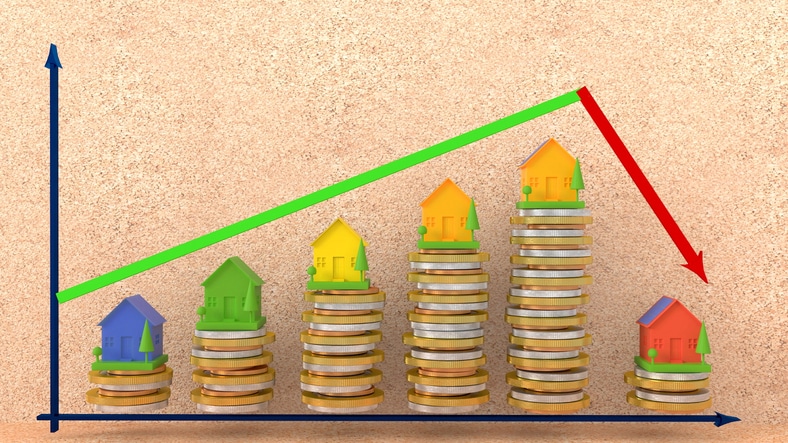Source: Markets Insider —
Housing could be about to become a key policy puzzle for the Federal Reserve.
Market activity has fallen for nine consecutive months and home sales were down 28.4% in October from a year earlier, according to the National Association of Realtors, with some economists warning that prices could plummet 20% next year as the broader slowdown kicks in.
While house prices will need to see some softening so that headline Consumer Price Index inflation can be reined in, a dramatic real-estate crash could also have a knock-on effect on the economy as a whole. And that would cause a fresh policy headache for the Fed, which has raised interest rates six times this year to combat price pressures.
Here’s how the Fed’s monetary-tightening campaign has affected the housing market – and why the sector could play a key role in determining whether Chair Jerome Powell can successfully bring down soaring prices without triggering a recession.
Why are home sales falling?
The Fed has boosted borrowing costs by 75 basis points at each of its last four consecutive meetings to fight inflation.
The aggressive monetary tightening lifted the average 30-year US mortgage rate from 5.60% to 6.84% over the last three months, according to Bankrate.
















